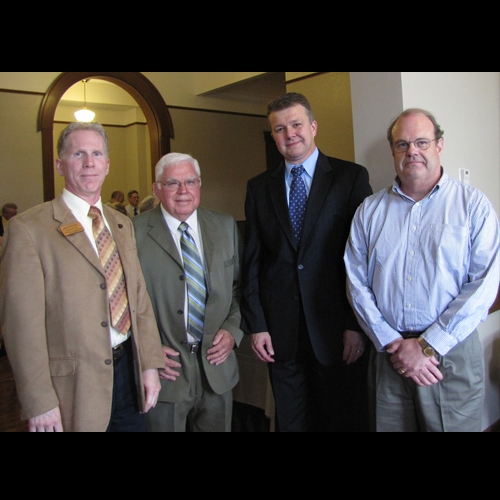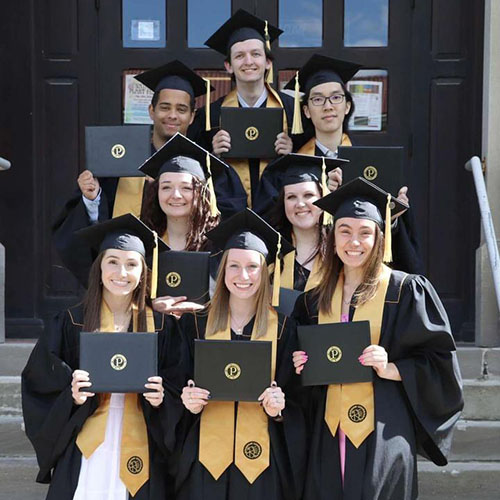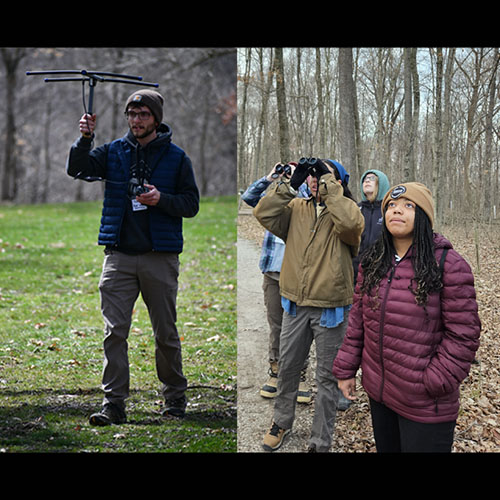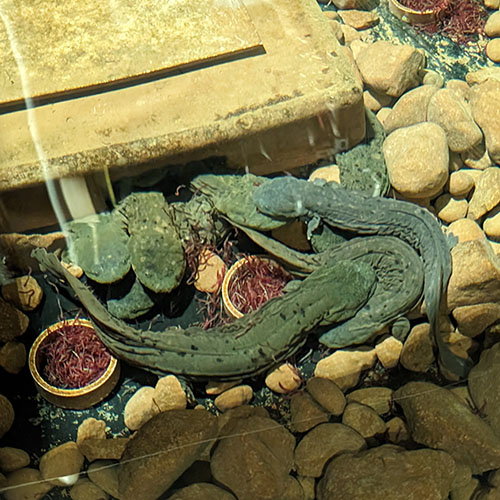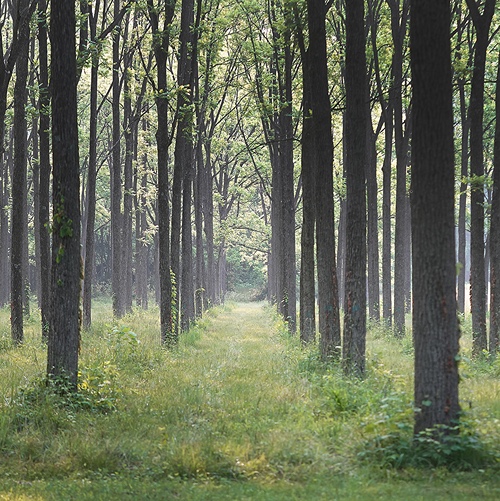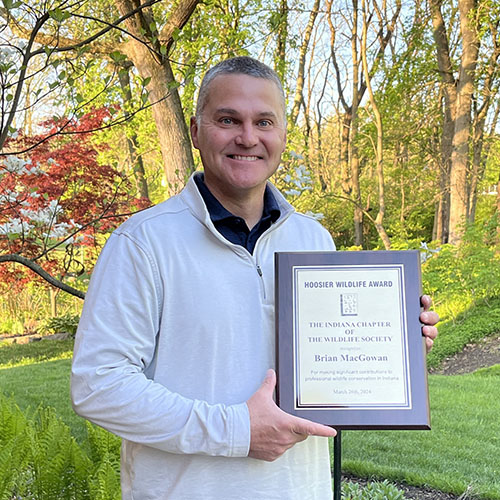Understanding wildlife behavior at the landscape level to mitigate interactions with humans
Our central goal is to provide rigorous study on the effects of a wide range of human disturbance on wildlife
species. This is critical because an ever increasing human population is having greater impacts upon an increasing number of wildlife species. If we wish to have a future that includes the presence of wildlife species and the invaluable ecosystem services they provide we need to better understand how human activities impact those species so that we can make informed decisions
about the consequences for wildlife of the range of potential future human activities.
The difficulty in investigating this goal is the spatial scale involved (Boutin and Hebert 2002). For example, many previous studies have looked at the impact of a single forest management technique on a single species. Most of these studies are short in duration and poorly replicated (Miao and Carstenn 2006) and cannot be extrapolated beyond the limits of the specific study. However, the range of human activities affect entire suite of wildlife species in different ways. To address this challenge we need an understanding of not only the response of wildlife to human activity but the mechanism underlying those responses. Gaining such knowledge requires empirical projects involving large spatial scales, long time frames, and multiple study areas are inherently difficult for single investigators to initiate and analyze, therefore collaborative approaches are critical. Additionally, simulation modeling tools can be invaluable because they provide the ability to project how wildlife will respond to a wide range of future that could never be created with empirical experiments. The modeling tools needed to address these challenges are complex enough that great diligence is needed in parameterizing them, running them and analyzing the outputs from them. Thus, the standard approach we employ to make our work with these models most relevant to addressing real applied problems is to collaborate extensively with managers who are interested in the insight our modeling tools can provide. These partnerships with on the ground managers not only help deliver our science but make it more relevant and stronger as we develop it. Ultimately, the combination of relevant empirical studies to parameterize relevant models and application of these approaches to real world management challenges will help identify novel insights and solutions to those pressing challenges that society faces as the extent of human activity continues to expand.
Project Director: Patrick Zollner
10/1/2021 - 9/30/2026

